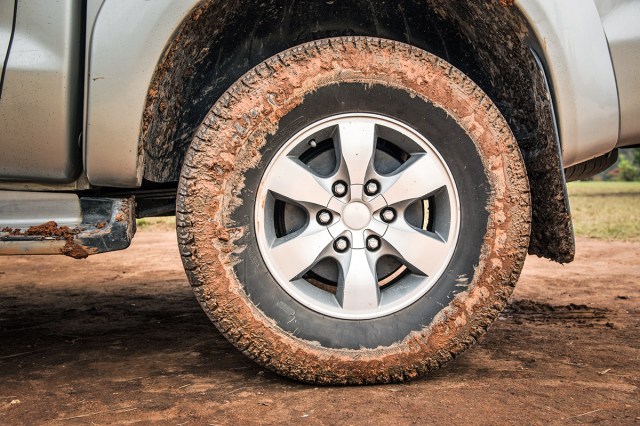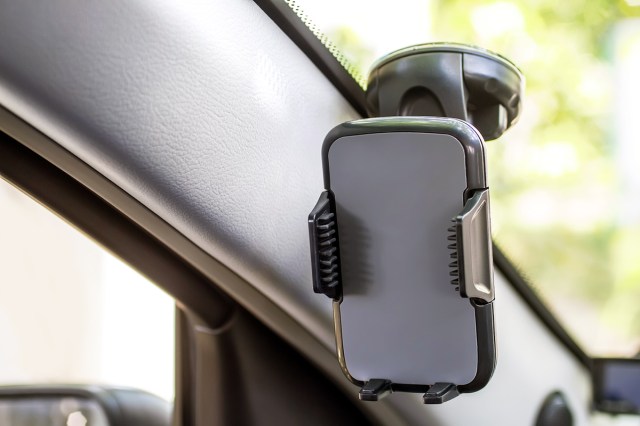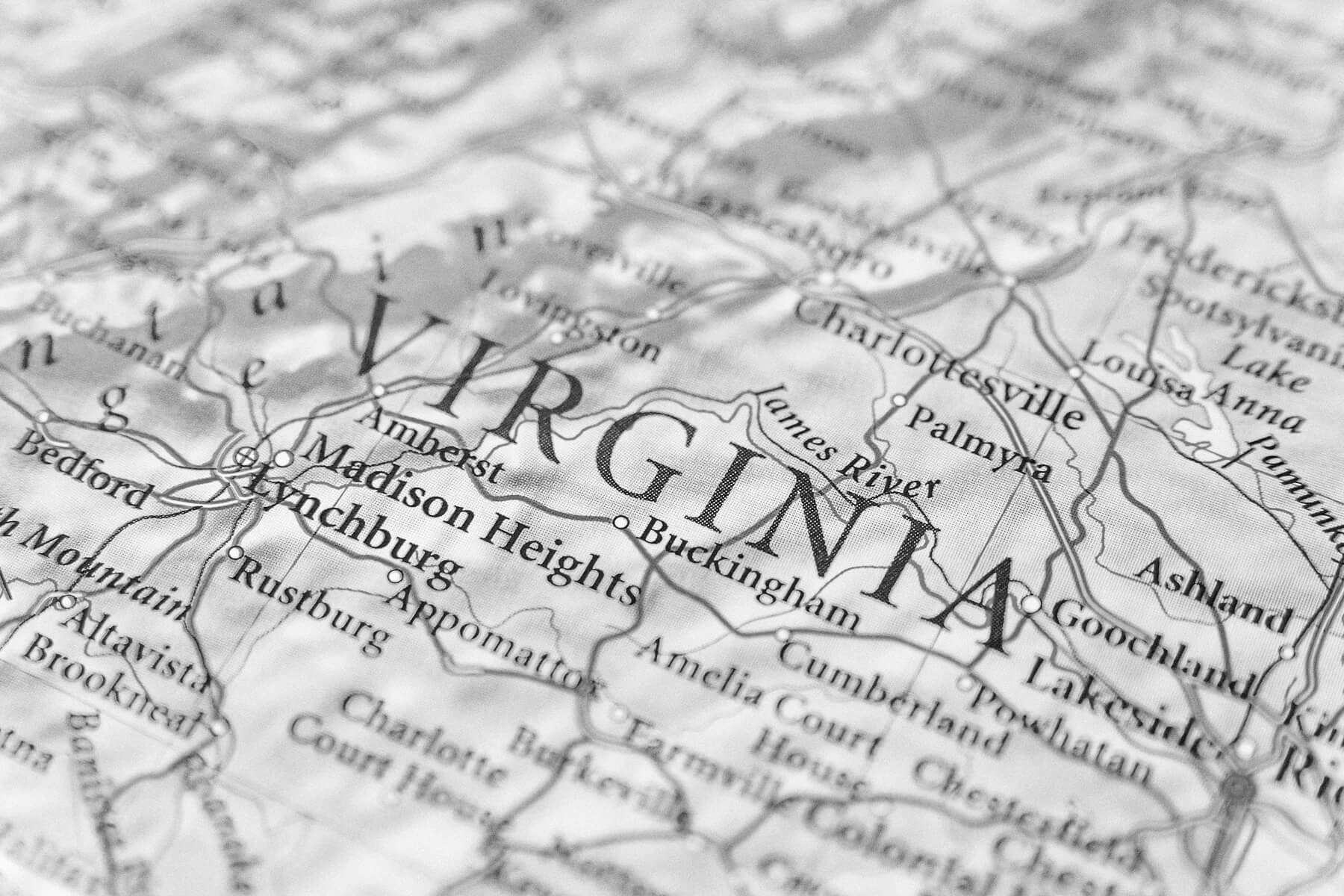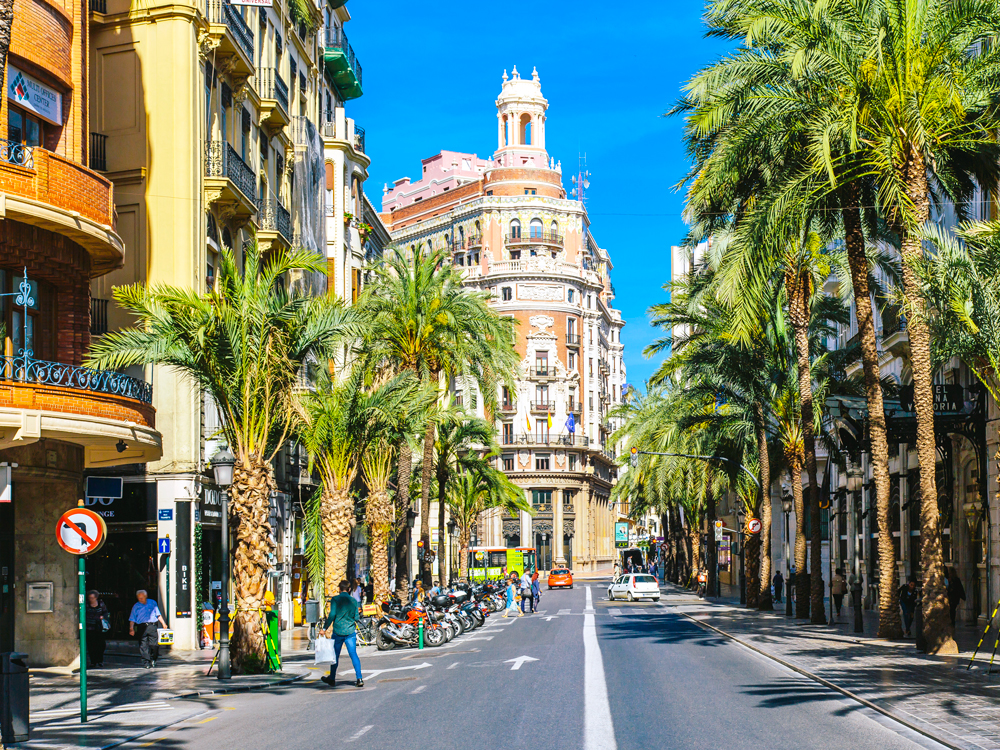
Owning a Hedgehog as a Pet
There’s no denying their adorable appeal — hedgehogs are wildly popular on social media for a reason — but owning one isn’t legal everywhere. California, Georgia, Hawaii, Pennsylvania, and Washington, D.C., all have laws banning pet hedgehogs, the most commonly domesticated of which is the African pygmy hedgehog.
Though tiny and photogenic, these cute critters can carry salmonella and are vulnerable to foot-and-mouth disease, along with other viral and fungal infections. And like most non-native species, they also pose risks if released to the wild, where they could potentially establish populations and disrupt local ecosystems.
That hasn’t stopped their popularity, though, and public pressure has even started to sway some local governments. In 2019, Fairfax County, Virginia, officially legalized pet hedgehogs following a surge in resident interest (they remain illegal in most other counties). But not everyone is on board: Chris Schindler of the Humane Rescue Alliance has warned that animals such as hedgehogs often end up abandoned or surrendered to shelters when owners realize they require more care than initially expected.

Driving With Dirty Tires
Minnetonka, Minnesota, doesn’t mess around when it comes to keeping its streets clean. In this Twin Cities suburb, it’s technically illegal to drive a vehicle with muddy or debris-covered tires.
According to the city’s code, anything that tracks “mud, dirt, sticky substances, litter, or other material” onto public roads is a violation under the public nuisance ordinance. That rule extends to construction vehicles, farming equipment, or even your SUV after a weekend of off-roading.
It’s a rule that could very likely catch drivers off guard — most people don’t think twice about a little dirt on their wheels. In Minnetonka, however, it could result in a petty misdemeanor or even a full misdemeanor, with fines reaching up to $2,000 per violation.
That said, the city usually doesn’t come down hard right away. A Minnetonka spokesperson told CNBC the city “attempts several other measures to mitigate the situation before pursuing misdemeanor charges,” meaning you’re more likely to get a warning before a citation.

Mounting Things on Your Windshield
Mounting your GPS or phone on the windshield may be the default way to navigate nowadays, but in many places, it’s illegal. More than a dozen states, including Illinois, Louisiana, and New York, have banned windshield mounts outright. In Maine, you can’t even so much as legally hang an air freshener from your rearview mirror.
States including California and Utah allow mounted devices only in specific locations on the windshield, and those specifics vary by state. In California, for example, they’re permitted within a 5-inch square on the lower left driver’s side of the windshield or a 7-inch square on the lower right passenger side, and anything outside those zones could be a violation. If you’re relying on your phone to get from point A to point B, maybe consider moving that mount to the dashboard or air vent just to be safe.
More Interesting Reads

Indoor Furniture on Outdoor Porches
A couch on the front porch gives off a certain laid-back, college-house charm, but some cities that don’t find it quite so charming have made it illegal. Municipal codes in places such as Columbia, South Carolina, and Columbus, Ohio, specifically ban placing indoor furniture on outdoor porches, lawns, or balconies.
This includes the commonly used upholstered sofas, as well as recliners and mattresses. These laws also have sprung up in college towns after porch fires broke out in places such as Boulder, Colorado; Ann Arbor, Michigan; and Chico, California. Flammability isn’t the only reason, though: Upholstered furniture not only is flammable, but also can attract rodents and appear unsightly.

Feeding Pigeons
It’s an urban rite of passage to toss a french fry or piece of your sandwich to a pigeon, but in many cities, it’s against the law. Places including Chicago and San Francisco have banned feeding the city-dwelling scavengers. Even in anything-goes Las Vegas, doling out snacks to feral pigeons could land you a misdemeanor charge complete with a potential fine of $1,000 or even up to six months in jail.
The logic is simple: More food means more pigeons, and more pigeons mean more droppings. Pigeon waste is notoriously acidic and corrosive, and pigeons can carry a range of disease-causing bacteria including listeria and E. coli.
New York City, oddly enough, has no formal laws against feeding pigeons, though feeding wildlife is discouraged. Even if you’re not the one feeding the birds, Big Apple residents could still be on the hook for the creatures’ mess: Property owners who don’t clean up pigeon droppings can be held responsible and may be fined up to $1,000 if they fail to tidy up.

Pumping Your Own Gas
Until the 1980s, full-service gas stations were the norm in the U.S. Today, in New Jersey, they still are: The Garden State remains the only U.S. state where it’s illegal to fill your own vehicle at the pump.
This is a holdover from the Retail Gasoline Dispensing Safety Act of 1949, which states, “No person shall dispense fuel at a gasoline station, unless the person is an attendant who has received instructions regarding the dispensing of fuel.” Drivers caught doing so risk fines of up to $250 for a first offense and $500 for repeat violations, and the retail location itself can also be sued by the state.
The law was originally passed to make handling the flammable substance safer, as well as to preserve jobs and profits at gas stations. In 2023, Oregon — the second-to-last remaining state with a full-service requirement — lifted its ban. New Jersey lawmakers have attempted to have the act repealed over the years but have so far been unsuccessful.












